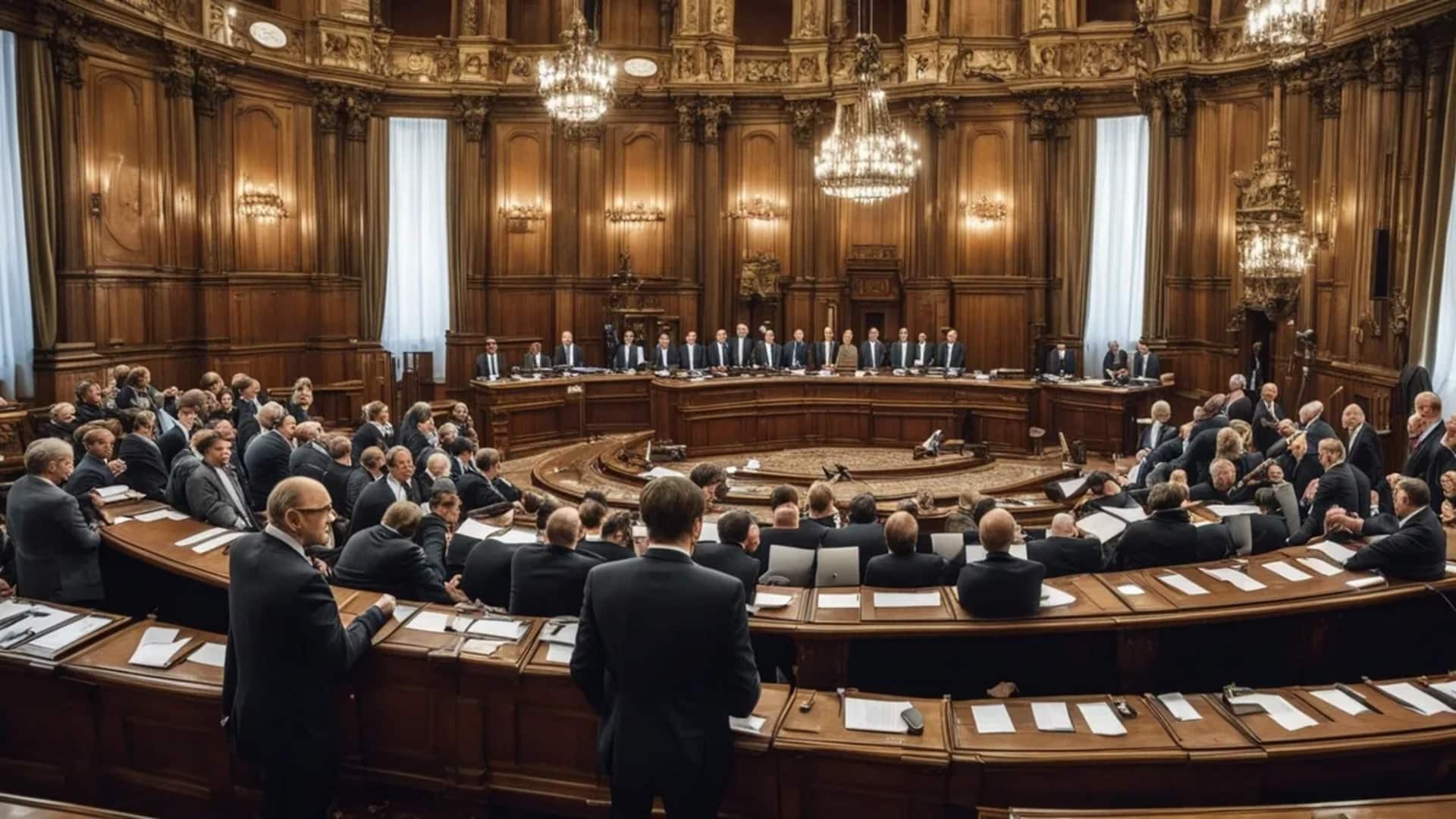Poland's freshly elected parliament embarked on its inaugural session on Monday, setting the stage for a political showdown as both the ruling Law and Justice (PiS) party and the liberal opposition vie for control to shape the next government.
While the PiS party secured the largest share of seats in the October elections, it fell short of a majority. Despite this, President Andrzej Duda has granted the PiS the initial opportunity to form a new government. Analysts, however, cast doubt on its chances of success.
President Duda, in his opening address to parliament, expressed a "readiness" to collaborate with the newly elected lawmakers. Simultaneously, he commended the PiS allies for their "eight good years" in power, setting the tone for a potentially challenging political transition.
On the opposing front, a coalition of three pro-EU parties, spearheaded by former prime minister and European Council president Donald Tusk, clinched enough seats to form a majority. However, their aspirations to take the reins of government hinge on the outcome of the PiS's attempts to forge a coalition government.
The political landscape in Poland remains tense as these rival factions navigate the complexities of coalition-building, signaling a period of uncertainty and strategic maneuvering. As the nation awaits the unfolding developments, the balance of power in the new government hangs in the balance, with implications for Poland's domestic policies and its stance on key European issues.




















